Sponsored by Saga Prefectural Tourism Federation
Yutoku Inari Shrine is not only one of Saga’s most beloved shrines, it is also one of the most famous Inari shrines in Japan.
This shrine was founded in 1687. It was built by the Nabeshima Clan, the rulers of Saga at the time. With its impressive and ornately decorated structure, Yutoku Inari Shrine attracts thousands of visitors a year.
One of the “big three”
Along with Kyoto’s Fumishimi Inari and Toyokawa in Aichi, Yutoku Inari Shrine is one of the “big three” Inari Shrines of Japan. The wooden structure is a deep red colour and a similar design to Kiyomizu Temple in Kyoto.
On arrival you’ll be struck by the sight of Yutoku Inari’s red wooden structure, surrounded by trees. From the entrance way there is a wonderful view over the grounds. When you enter the grounds you can see the intricate and colourful designs on the gate. Adorned with golds, blues, greens and in all kinds of designs it is truly stunning!
Explore the main shrine before discovering more
The main hall of the shrine is called Gohonden. Stairs and an elevator lead up to this impressive wooden structure. The shrine where you can offer a prayer is intricately decorated. With it’s amazing colourations and designs, as well as the view over the countryside you can take your time here to admire all the beauty. It is a truly special experience! All of this is surrounded by trees and you can see far out over the countryside.
Go on a hike through red torii gates
After admiring the main shrine, go up behind it to explore the many other sub shrines, or “bunsha” located on the mountainside. As you climb up you walk through rows of red torii gates, reminiscent of Kyoto’s Fushimi Inari. One difference here is the gates are not glazed, giving them an older, more weather worn look.
The many small shrines cover this mountainside. The climb has stone steps which are a little uneven in places so be careful on your way up! Though the climb is a little steep, it’s not too strenuous and there are plenty of sights to admire on your way up. You can stop on the way and take in the view of the greenery and soak in the atmosphere.
With all of these little shrines covering the hillside, you can get a feel for the rich history of the area. Though it’s not easy to tell what each individual shrine is dedicated to, you can get the sense that this is a very spiritual area.
Take in an amazing view
When you reach the top you can admire the view of the countryside and Ariake Sea. This wonderful view stretches far out over the horizon. There is a viewpoint with benches where you can take a break after your hike! Stop here to take in the stunning view of Saga. Here you can also visit another of the grounds small shrines, Okunoin.
Various events take place at the shrine throughout the year, some with traditional dancing and performances. The Yutoku Inari Shrine official website has more information on these with some photos and videos, so you can find out what might be on during your visit. Two of the most popular are the Hatsuuma Festival in spring and the fire making ceremony in Autumn. These festivals are connected and have been taking place for hundreds of years.
Whatever season you visit, Yutoku Inari Shrine is a stunning sight!
Take a walk through a Japanese garden
Just outside the main shrine grounds is a Japanese garden. Here, you can see all kinds of flowers depending on what season you visit. Entry is 200 yen and you can take your time to stroll around admiring the flowers.
The area around the shrine is also famous for azaleas, which bloom around mid-April to mid-May. If you visit at this time of year you can see the hillsides covered in pinks and purples! There is also an indoor break area near the main shrine with free wifi. You can take a rest here and watch the view of the shrine grounds.
Getting to Yutoku Inari Shrine
To get to Yutoku Inari, take a train to Hizenkashima Station. Limited express trains running from Saga, or Hakata Station also stop here or you can take the local train. Either way, you can use a JR Rail Pass. When you get off the train, go across the street to the bus centre and get on the bus to the shrine. It stops just outside the grounds. As it’s a popular destination there are plenty of signs telling you where to get the bus.
On a trip to Saga, don’t miss a chance to see one of Saga’s most beloved shrines, and one of the top Inari Shrines in the country. Discover a part of the area’s deep history and enjoy the wonderful views!
Need Help? Contact the Saga Travel Call Center
24/7 Assistance available in English, French, German, Italian, Spanish, Portuguese,Russian,Thai, Korean, Chinese (Mandarin & Cantonese), Vietnamese and Indonesian!!
[cft format=0]
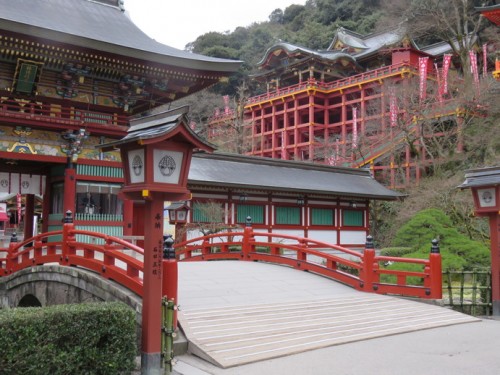
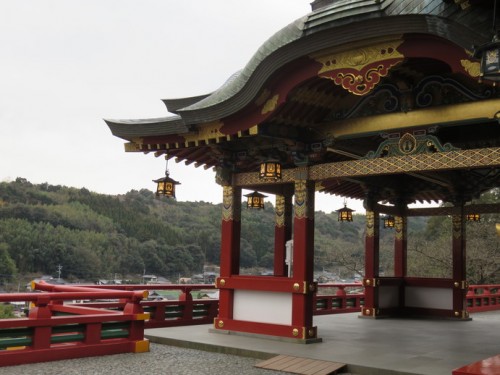
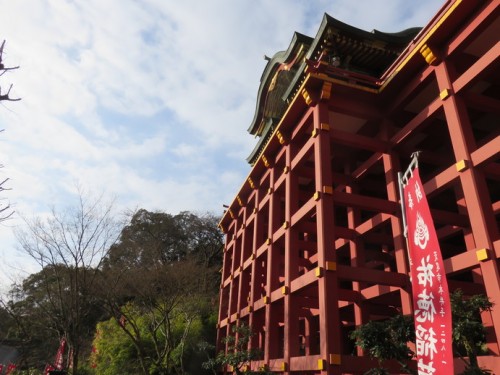
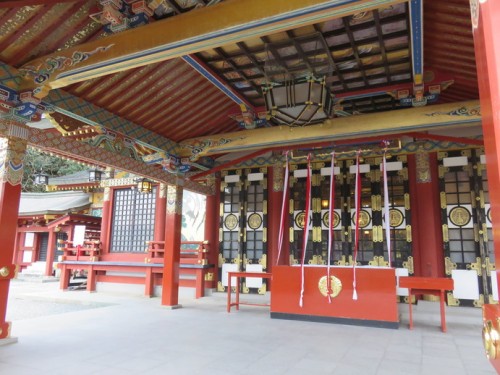
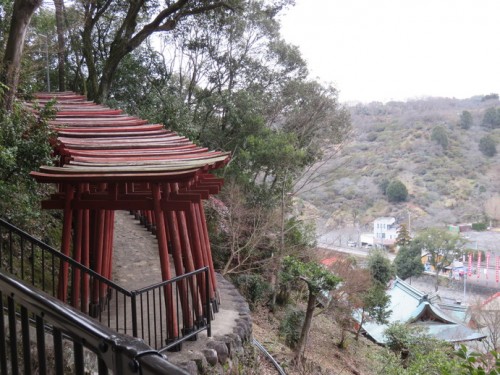
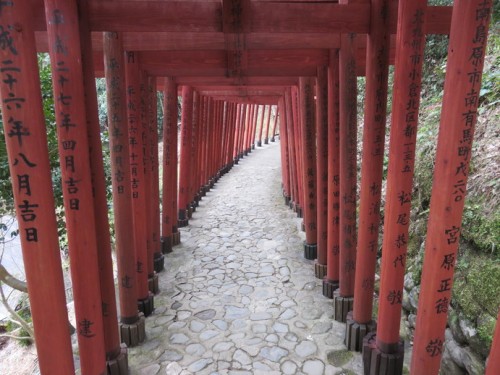
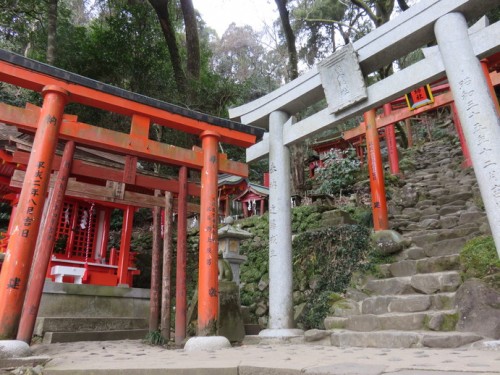
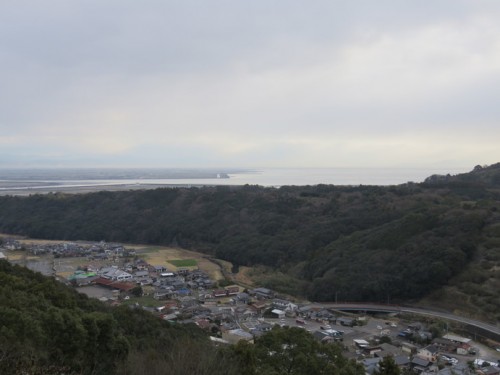
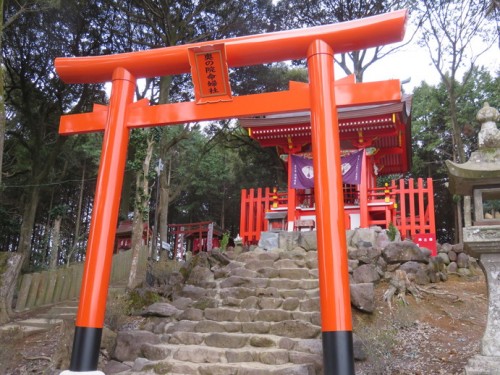
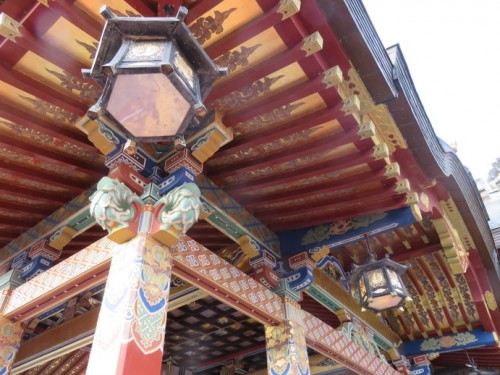
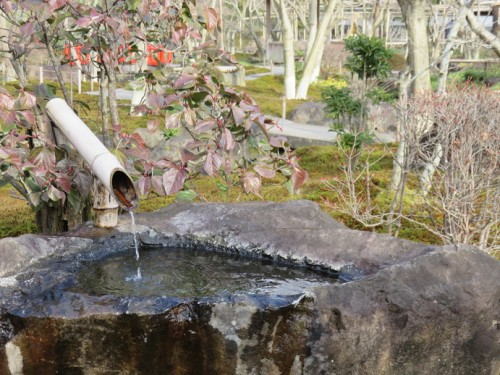
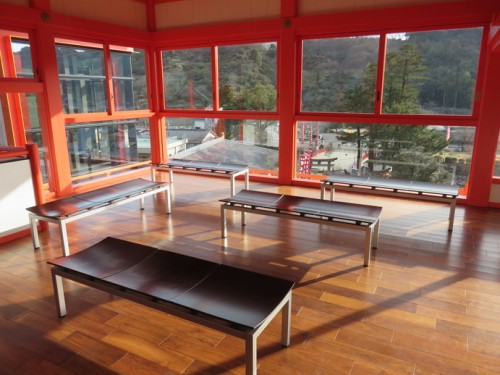
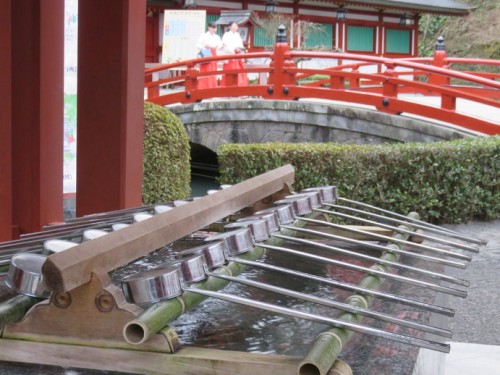
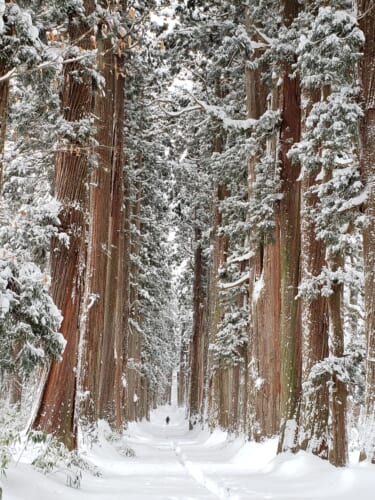
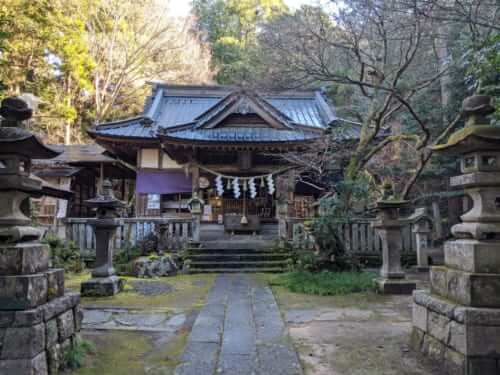
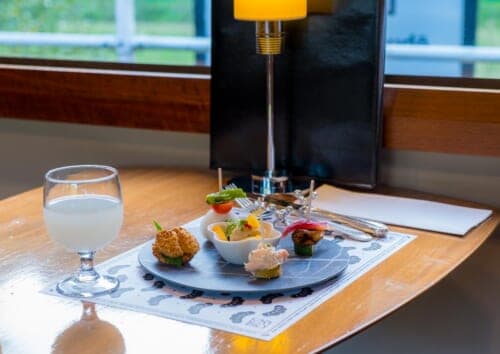
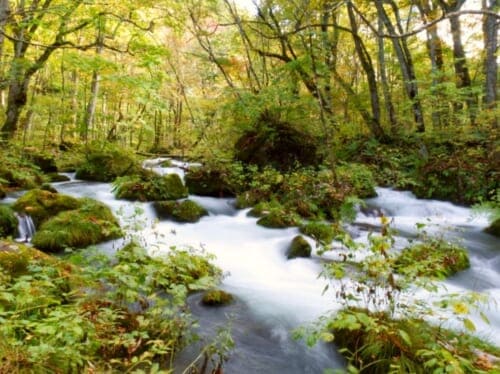


No Comments yet!